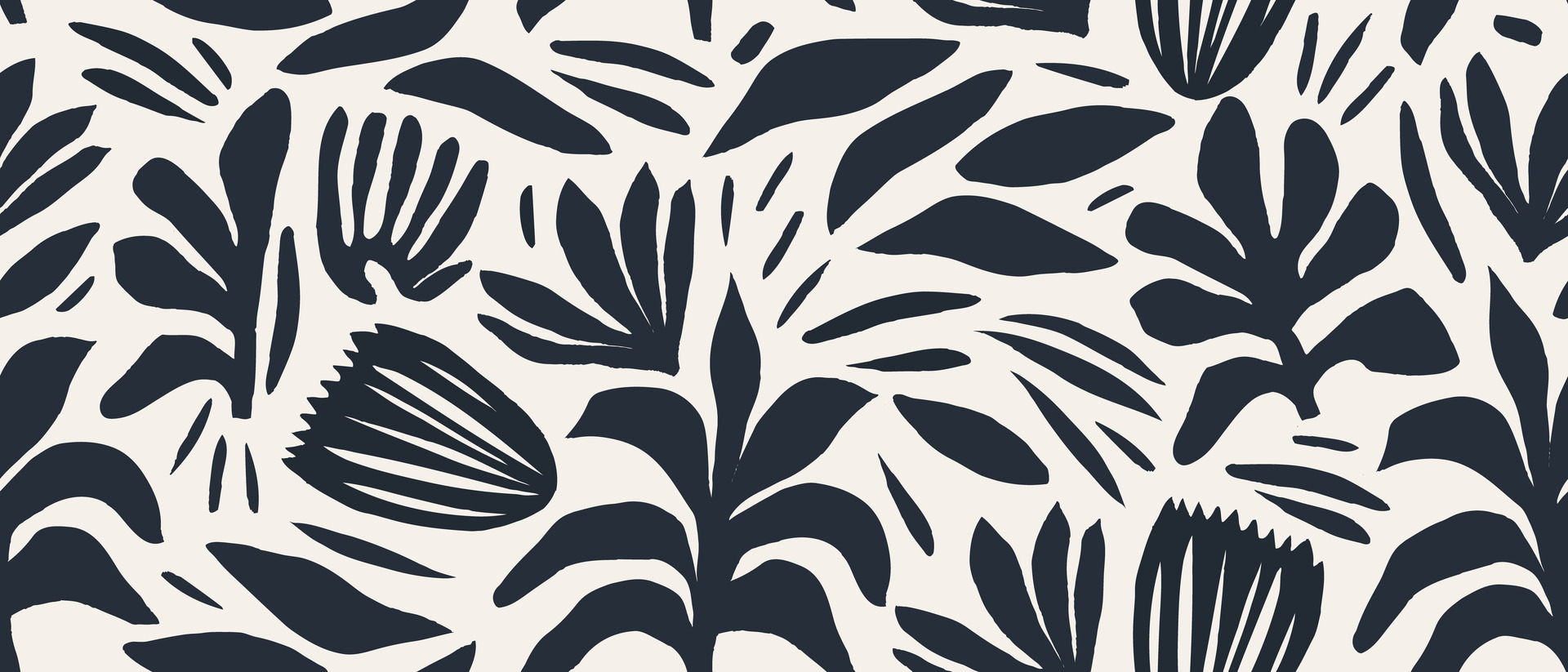
A Crowning Glory: Hair as History, Identity, and Ritual
In Africa, hair holds a powerful narrative, woven into cultural identities across the continent. From intricate braiding styles signifying social status, to the intimate act of communal braiding, hair serves as a visual language, a marker of identity, and deeply rooted in tradition. This article delves into the historical significance of hair in Africa, exploring the stories twisted into braids and the enduring legacy of this aesthetic practice.
16 Apr, 2024Rooted in History: Hair as a Canvas for Identity
The earliest evidence of Africans adorning their hair dates back millennia. Ancient Egyptian depictions showcase elaborate hairstyles, with wigs and braids signifying social status and religious beliefs. Archaeological finds from sites like Kerma in Sudan reveal intricate beadwork adorning hairstyles, suggesting a long history of hair as a canvas for creative expression.
Throughout history, different African cultures developed unique braiding styles, each serving a specific purpose:
Markers of Ethnicity and Affiliation: Braid patterns often identified an individual's tribe or ethnic group. Specific styles could denote age, marital status, or even social standing within a community. The Fulani people of West Africa, for example, are known for their intricately braided cornrows, while the Himba Tribe of Southwest Africa traditionally wear their hair in thick braids adorned with clay.
Storytelling Through Strands: Braids could also be a form of nonverbal communication. The number of braids, their placement, and the incorporation of adornments like beads or shells might convey messages about personal experiences, life stages, or even mourning.
Spiritual Significance: Hair also holds spiritual significance in many cultures. Hairstyles might be associated with specific deities or serve as a form of protection against evil spirits. Dreadlocks, for instance, were seen as a connection to the divine in some Rastafarian communities.
The intricate braiding techniques themselves were, and still are, a testament to skill and artistry. Passed down through generations, these techniques involved braiding hair with natural materials like plant fibres or animal hair extensions. The braiding process itself not a mere act of hairstyling; but a social ritual.
The Intimate Ritual of Braiding Hair: A Social Bond
The act of braiding hair in Africa was, and often remains, a deeply communal and intimate experience. Traditionally, hair was braided by mothers, sisters, aunts, or close friends, fostering strong social bonds and a sense of belonging.
Storytelling and Sharing: Braiding sessions often served as a space for sharing stories, gossip, and advice. Women would gather, laughter and conversation intermingling with the rhythmic click of braiding tools. It was a time for strengthening female bonds and passing down cultural knowledge.
Coming-of-Age Rituals: For young girls, the first braiding session could signify their passage into adulthood. The intricate styles, often more elaborate than those worn by children, served as a physical marker of their new social status.
Expressions of Care and Community: The act of braiding could be a form of showing care and affection. Mothers braiding their daughters' hair expressed love and guidance, while friends braiding each other's hair solidified their bond.
This communal aspect of braiding hair continues to hold significance, even in modern times. Hair salons serve not only as places of beautification but also as social hubs where women connect, share stories and find community.
Evolving Traditions: Hair in Modern Africa
The 20th and 21st centuries have witnessed a dynamic evolution in African hairstyles. The influence of globalisation and media has introduced new trends and techniques. Here's a glimpse into how hair traditions are adapting:
Embracing Diversity: Modern African women are embracing a wider range of styles, from traditional braids to natural hair movements. This reflects a growing appreciation for cultural diversity and individual expression.
Fusion Styles: Modern stylists are incorporating elements from various cultures, creating fusion styles that blend traditional braiding techniques with contemporary trends.
Wigs and Weaves: The use of wigs and weaves has become increasingly popular, offering a wider range of styling options. However, some see this as a departure from traditional practices that emphasised natural hair.
Symbolic Styles: Certain traditional styles, like dreadlocks, continue to hold cultural significance, particularly among the Pan-African movement and those seeking to reclaim their African heritage.
Despite these changes, the underlying significance of hair in African cultures remains strong. Braiding styles continue to be a source of pride and identity, a connection to a rich and vibrant heritage.
A Crowning Glory: The Enduring Legacy
Hair in Africa is more than just hair; it's a social history, a cultural identity, and a powerful symbol of community. The intricate braids, the intimate braiding sessions, and the ever-evolving styles all tell a story – a story of resilience, self-expression, and the enduring strength of cultural traditions. As Africa continues to evolve, one can expect hair to remain a central element in its cultural narrative. New styles will emerge, reflecting the continent's dynamism, while honoured traditions are likely to be reinterpreted and passed down to future generations.
The legacy of hair in Africa serves as a reminder of the importance of cultural identity, the beauty of communal rituals, and the power of self-expression. It's a story tangled into the hearts and minds of those who carry this rich heritage forward.
